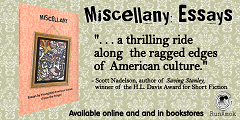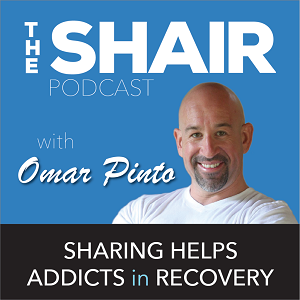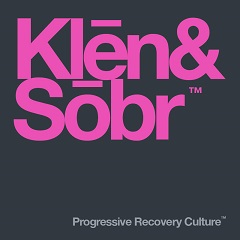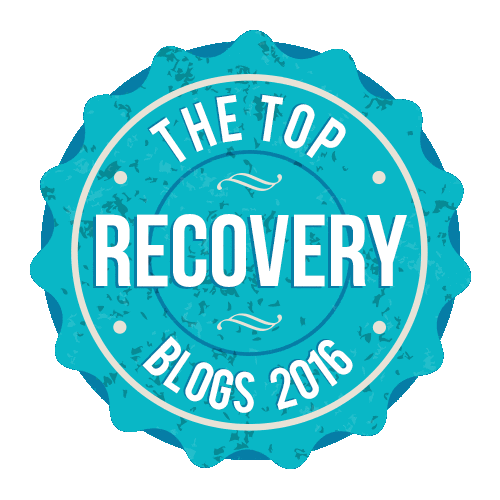Learning to Want
My late sponsor gave me some good advice.
It was several years ago at this point, and with my sponsor being gone for a year and a half, most of my conversations with him are merging together like streams leading into a great ocean of wisdom.
I was complaining. I remember that much. More often than not, I called him when I was having problems. I know this to be true because I remember him saying on several occasions, “You know, you can call me when you have good days, too.” As I reflect now, I’m not sure I ever did.
For years—this is embarrassing to admit—my great domestic nemesis was the dirty dishes. For reasons outside of my comprehension, I struggled with the idea of scrubbing pots and pans. Now, certain psychotherapists may have wanted to examine my relationship to home, analyze my feelings toward chores. That’s not what my sponsors do. They just help me fix the problem.
My sponsors advice, some years back, was, “Why don’t you learn to want to do the dishes.”
I thought this absurd. “Nobody in their right mind would ever want to do the dishes.”
“Good thing your mind’s not right to begin with,” he said.
Got me there. And ain’t it like a sponsor to put you in your place swiftly so that his unpalatable wisdom can soak into your soul.
I’m not sure exactly what clicked in my mind or when it switched on—I can’t even say that my sponsor was alive to see the day—but over time I have learned to want to wash the dishes. And it—not just the dishes, people, but the motivation to care for the little things—has become a valuable asset to my life and my recovery.
Let’s face it. We are bombarded with unwanted tasks every day: boring, repetitive, mind-numbing obligations. The checklist re-surfaces each morning with unmarked boxes. Cook, clean, commute. Wash, rinse, repeat. Yawn, drool, stare blankly into the abyss. What a gift it would be—I’m working on this—to approach our responsibilities as opportunities rather than obligations.
While no Zen Master myself, I am proud of the domestic mountain I climb each day. Here are five approaches to chores that have helped transform them from frustrating tasks to worthwhile endeavors.
1) Meditative Action
There is a great gift in learning to do little things well. One recent superpower I’ve fostered is eye-levelling. I’m convinced I can hang any picture perfectly level without ever picking up the mercury to measure it. I don’t have to think about it much; I can just tell.
There is power in making chores thoughtless. The power is the freedom to think. I don’t know about you, but I do my best thinking when my hands are busy. It’s a sort of active meditation. My mind is clearest when I’m on a fast break in basketball or hammering a nail into the wall.
I’ve come to rely on these moments of mind clearing. I don’t so much look forward to unloading the dishwasher, as I do the break I get to give my thoughts—my mind operated by a hamster wheel.
2) Admire your work
I’ve learned to pause and appreciate the work I’ve done. It feels good to see a polished table or an empty laundry bin. It provides a moment of calm and tranquility. It sure beats waiting for someone to burst through the door with a trophy in hand.
Thankless jobs don’t need to exist because you can always thank yourself by appreciating the fruits of your labor.
3) Follow the stream to its source
This is a tricky one.
And if you didn’t come to the miracle of the mundane today to take a journey through the rabbit hole, I can sum it up in one word: gratitude.
If you’re willing to take that journey, think about this.
All things, I believe, share a common source. My faith tells me that it is love. Give me your worst-case scenario, and I can find the love. Why do people commit atrocities against other people? Because God so loved humanity that God gave humans the freedom to abuse, maime, and kill one another. By understanding evil through the prism of love, I’ve been able to revolutionize my thinking.
Loving to do the dishes may not be as extreme a case, but it can still serve as an example.
Each chore has a source. Sour about doing the dishes? Consider that you have dishes to do, which means you have food to eat, running water to drink, a roof over your head. Doing the dishes is a blessing.
Had enough of parenting? Consider that a human life depends upon you to survive. A soul or souls will learn from you what the word family means by the sum of all your actions and deeds.
Not a day goes by that I don’t try and remind myself of the source. And I believe the source is love.
4) Reward yourself
The dishes is a great example for this one.
I love dessert. So I make sure to only eat dessert after the kitchen is clean. It helps to have some motivation.
As complex as humans are we have a bit of lab rat in us. What I mean is, much like a rat, if there is a lever that, once pressed, gives us our favorite food, we will feel good by pressing the lever. If I get desert after finishing the dishes, the dishes begin to taste like ice cream.
This may sound immature, but please don’t forget that I suffer from addiction. I still suffer. This means that I routeinly become fixated on that which makes me feel good. Ice cream feels really good. So the closer I can associate that good feeling with cleaning dishes, the better.
5) Appreciate that the best rewards are not immediate
This has been my hardest lesson.
Ice cream, eventually, won’t be enough. There will come a time, if you’re like me, that you question the purpose and meaning of what you do. I fall victim to this thinking far too often. It can be suffocating. It can onset symptoms of depression.
So it’s good to have some answers. It’s good to realize that you have a role. The dishes may not seem like a higher purpose, but try neglecting them for a week. You will learn quickly just how vital your role as dishwasher really is.
To find our way out of the rabbit hole (or are we digging further in?) consider this theory I’ve been developing.
It is far greater to be a cog in the wheel than to reinvent the wheel.
What I mean is, when I think about the real effect of other people, I think of the people I know. My family, my teachers, my mentors, my friends. I never learn as much from the people at a distance—the politicians, celebrities, even the authors—as I do the folks I come across every day, the folks that don’t have the microphone or the platform.
In short, it is incredibly powerful when you stop wanting for greater roles and start respecting the role you already play.
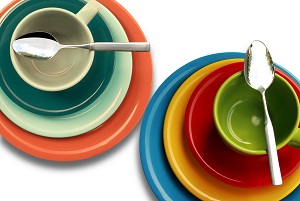
That’s where the power is, anyway.
I have a couple of cool fundraisers to support with this post. One is a new startup called ChangeFunder. It’s goal is to facilitate direct engagement and support between people of need and people of means. Find them here:
For those of you looking for a good sober cookbook, consider supporting the KickStarter page of the #RecoveryPosse’s own, Audra Williams:
https://www.kickstarter.com/projects/haritha/temperance-non-alcoholic-cocktail-recipe-book-and-tarot-deck
 Previous Post
Previous Post Next Post
Next Post
